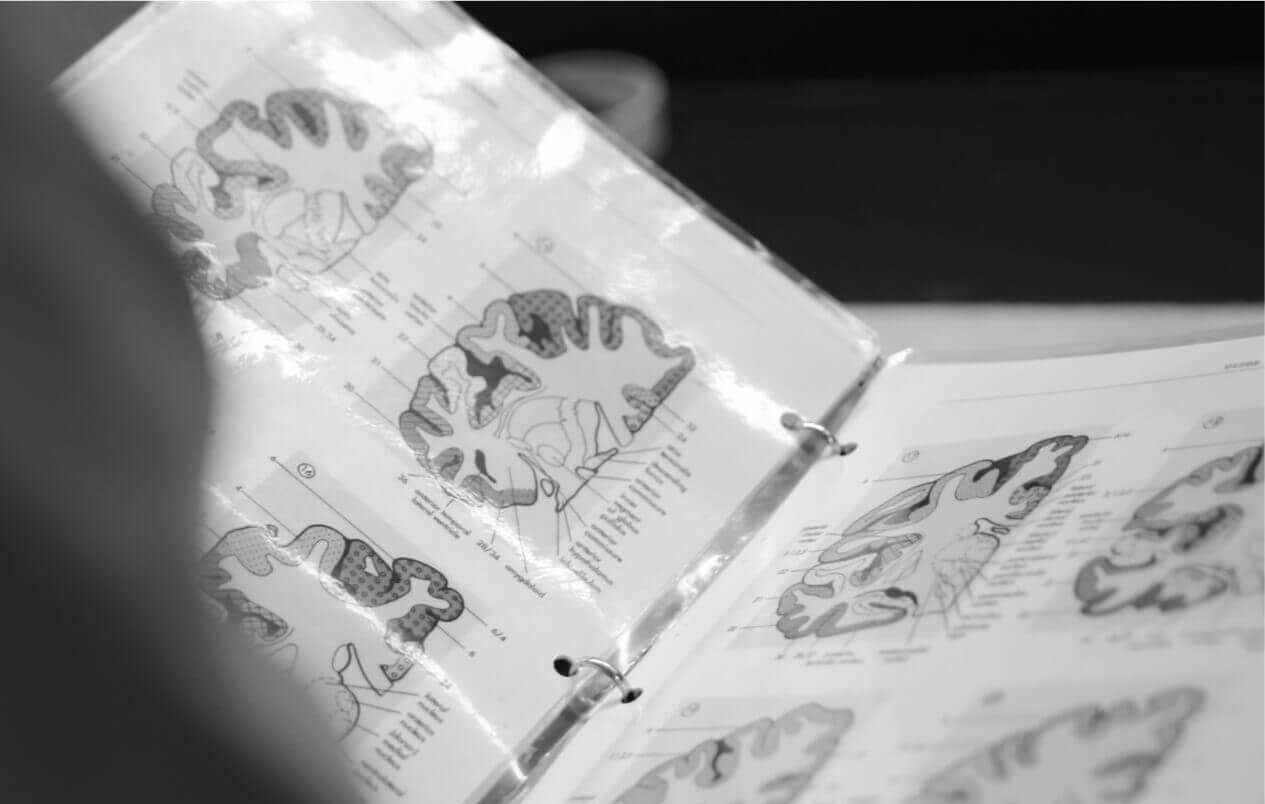5 Reasons
Human post-mortem brain donation is getting more attention as professional football players and racecar drivers make public their decisions to donate, to find answers about the long-term effects of brain injury. They’re not the only ones whose brains have value for researchers. Here are five solid reasons you may not know about, for anyone to consider registering in advance to donate your brain when you die.
- It could be the only way to definitively diagnose a neurological disease, which would be valuable information for the relatives left behind. In some cases, a brain autopsy is the only way to know for sure what disorder was present. And autopsies are not routinely performed otherwise. The brain banks in the NeuroBioBank of the National Institutes of Health (NIH) routinely issue a summary of the pathologist’s report to the family of a brain donor once the tissues are comprehensively investigated and characterized. There is no charge to the family for this service.
- It is not a pre-requisite to have been diagnosed with a neurological disorder. Brain donation advances science whether or not a donor has a diseased brain. While diseased brains help scientists investigate and identify the origins and characteristics of specific disorders, non-diseased or control brains are just as valuable. It could be argued that control brains are even more valuable because tissues from just one of them could be used in dozens, maybe even hundreds of investigations.
- Arranging in advance to donate your brain when you die removes the guesswork for your family. There are so many heartbreaking decisions that need to be made when a loved one dies and often the family struggles with opinions as to their loved one’s wishes. Once you’ve decided, make it clear to those you care about. Arranging for brain donation in advance also eases the process at the time of death. It can be accomplished if the decision is left for the family to make at the time of death, but the brain retrieval process is more difficult to manage in the necessary time frame without the upfront legwork.
- Brain donation is a gift of boundless value, one that’s uniquely yours to give and provides a legacy for the future. Estate planning includes considering how a person’s assets and businesses and loved ones will be cared for when they’re gone. Consider whether that process should include donating your brain, and if so, register to start the process. Then let your family and/or executor know about it. Some would argue it’s at least as important as anything else you have to share when you die.
- Brain donation can have a powerful positive impact on those left behind. It tends to provide some comfort to know that something good – advancement of science – can come out of the loss of a loved one. In the middle of deep sorrow immediately after their passing, as well as the dark days that come later, knowing that a loved one made a decision to donate a most precious gift to help future generations does take some of the edge off of the pain. Planning in advance for brain donation is a gift with impact far beyond what you might imagine.



